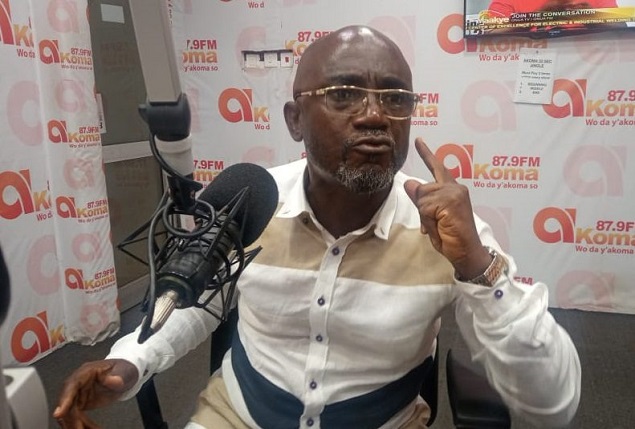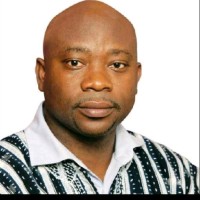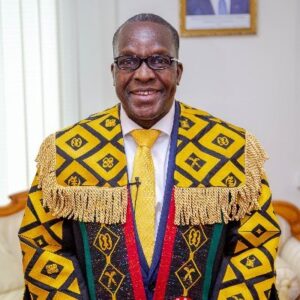12 Candidates vie for Ashanti Region’s Council of State Seat Ahead of February Election

The Ashanti Regional Electoral Commission has confirmed that it has received 12 applications for the upcoming Council of State elections, which are set to take place on February 11, 2025. These elections are an important event in the region, as they will determine the representative who will serve in the Council of State, a key advisory body that plays a vital role in advising the President on a range of national issues.
Out of the 12 applications received, two candidates are female, while the remaining 10 are male. This marks an important moment for gender representation, with female candidates making up a small, yet significant portion of those running for the position. Although the gender disparity remains notable, the inclusion of female candidates highlights an ongoing effort to encourage broader participation in political roles by women.
The upcoming election will involve 86 elected assembly members from 43 districts, municipalities, and metropolitan assemblies (MMDAs) across the Ashanti Region. These assembly members, who are elected representatives of their communities, will be tasked with voting to select a new Council of State member. The Council plays a critical role in the country’s governance, providing counsel to the President and advising on significant policy decisions that affect both regional and national affairs. The role of the elected Council of State member is thus highly influential, and the outcome of the election will have far-reaching implications for the development of the Ashanti Region and beyond.
Mr. Osei Nsiah, the Ashanti Regional Director of the Electoral Commission, recently shared insights about the electoral process during a media interview. He emphasized that everything is being done to ensure a fair and transparent election process. According to Mr. Nsiah, the Commission is committed to maintaining the integrity of the election, ensuring that all procedures are followed and that the voting process is smooth and secure. The Electoral Commission will be closely monitoring all aspects of the election to guarantee that it is free from malpractice, allowing assembly members to cast their votes in a manner that reflects the will of the people they represent.
Among the applicants for the Council of State position is Nana Adwoa Foriwaa, the Nsuta Fawoman Hemmaa, who spoke to the media about her candidacy and what she hopes to achieve if elected. Nana Adwoa Foriwaa expressed her strong commitment to prioritizing the welfare of assembly members, as well as working towards the development of the Ashanti Region. She highlighted that her focus would be on ensuring that the concerns of assembly members are heard and addressed, as they play a central role in local governance and the development of their communities. Her platform is centered on collaboration with local authorities, community leaders, and stakeholders to create policies that will foster sustainable growth and development for the region.
Nana Adwoa Foriwaa also pointed out that regional development cannot happen in isolation but must involve collaboration between all levels of government and the people. By engaging assembly members more closely in decision-making processes, she believes that the region can achieve more effective results in terms of infrastructure, education, healthcare, and other key areas of development. Her candidacy stands as an example of a traditional leader who is not only concerned with preserving heritage but also with making a tangible difference in the socio-economic progress of her community.
In a separate development, Chairman Yaw Obimpeh, the former Ashanti Regional Chairman of the National Democratic Congress (NDC), responded to rumors suggesting that Otumfuo, the Ashanti King, had expressed support for one of the candidates, Nana Nkansah Boadu, the Agric Nzimaahene, in the upcoming election. Chairman Obimpeh categorically denied these allegations, stating that there was no truth to the claim that Otumfuo had publicly endorsed any particular candidate. The clarification is likely to help dispel any confusion and ensure that the election remains impartial, with candidates vying for the position based on their merit and vision for the region, rather than any political favoritism.
As the date of the election approaches, anticipation continues to grow, with many citizens in the Ashanti Region eagerly awaiting the results. The successful candidate will play a crucial role in representing the region’s interests at the national level, and the upcoming election provides an opportunity for voters to select a candidate who aligns with their priorities for development, unity, and progress.







